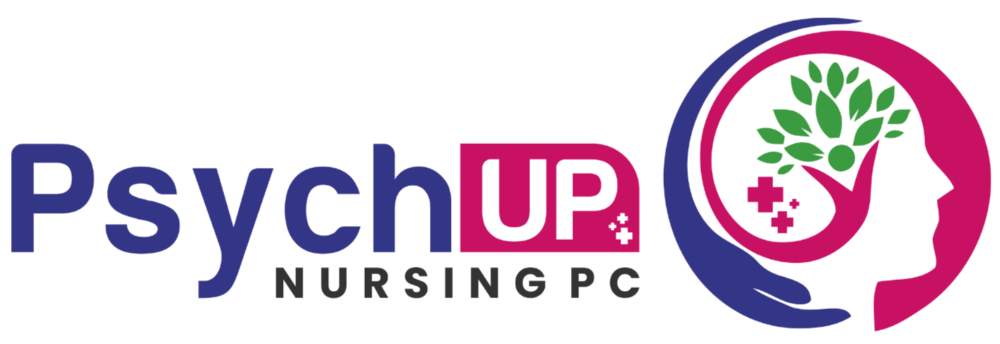Attention Deficit Hyperactivity Disorder (ADHD)
What is ADHD?
Attention-deficit/hyperactivity disorder (ADHD) is a neurodevelopmental disorder that affects both children and adults. It is characterized by a persistent pattern of inattention, hyperactivity, and impulsivity that interferes with daily functioning and development. ADHD is typically diagnosed in childhood, although symptoms may continue into adolescence and adulthood.
There are three subtypes of ADHD:
- Predominantly Inattentive Presentation: Characterized by difficulty sustaining attention, organizing tasks, and following instructions.
- Predominantly Hyperactive-Impulsive Presentation: Marked by excessive fidgeting, impulsivity, and difficulty staying still.
- Combined Presentation: Combines symptoms of both inattention and hyperactivity-impulsivity.

Causes and Risk Factors
The exact causes of ADHD are not fully understood, but research suggests a combination of genetic, environmental, and neurological factors. Some potential risk factors include:
- Genetics: ADHD tends to run in families, indicating a hereditary component.
- Brain Structure and Function: Differences in certain brain regions and neurotransmitter activity may contribute to ADHD.
- Environmental Factors: Exposure to toxins during pregnancy, premature birth, low birth weight, and maternal smoking may increase the risk.
Symptoms of ADHD
The symptoms of ADHD can manifest differently in each individual and may vary based on age. Common symptoms include:
- Inattention: Struggling to stay focused, being easily distracted, forgetfulness, and difficulty completing tasks.
- Hyperactivity: Restlessness, constant movement, excessive talking, and difficulty staying seated.
- Impulsivity: Acting without considering consequences, interrupting others, and impulsive decision-making.
Treatment Options
Managing ADHD involves a multimodal approach that combines various strategies:
- Medication: Stimulant and non-stimulant medications can help improve attention, reduce impulsivity, and manage hyperactivity.
- Behavioral Therapy: Techniques such as cognitive-behavioral therapy (CBT) and social skills training can assist individuals in developing coping strategies, organizational skills, and improving self-esteem.
- Education and Support: Providing psychoeducation to individuals with ADHD and their families helps create a supportive environment and foster understanding.
ADHD is a complex neurodevelopmental disorder that affects individuals across the lifespan. By understanding the definition, symptoms, causes, and available treatment options, we can promote empathy, support, and inclusivity for those with ADHD. It is essential to remember that with appropriate diagnosis, treatment, and support, individuals with ADHD can lead fulfilling lives and harness their unique strengths and talents.
We are here to help. Get started today.
Stay connected with PsychUp
Subscribe to our mailing list to receive our latest news and updates.
You're safe with me. I'll never spam you or sell your contact info.
Contact Number
-
+1 (888) 783-1883 (Office)
-
(888) 653-3144 (Fax)
Email Address
Our Locations
PsychUP PC California
-
6245 Delongpre Ave 2nd Floor Los Angeles, CA. 90028
-
2418 S Azusa Ave West Covina, CA. 91792
-
11900 Avalon Blvd # 100, Los Angeles, CA 90061
-
3340 West Ball Road Unit G Anaheim, CA. 92804
-
12062 Valley View Street Suite 140 Garden Grove, CA. 92845
-
1840 North Hacienda Boulevard Unit 12 La Puente, CA. 91744
-
8415 Florence Avenue Unit B Downey CA. 90240
-
11840 Magnolia Avenue Riverside, CA. 92503
PsychUP PC Nevada
-
9017 S. Pecos Road Suite 4425
-
Henderson NV 89074-6611
PsychUP PC Arizona
-
793 N Alma School Rd Suite 5 Chandler AZ 85224
